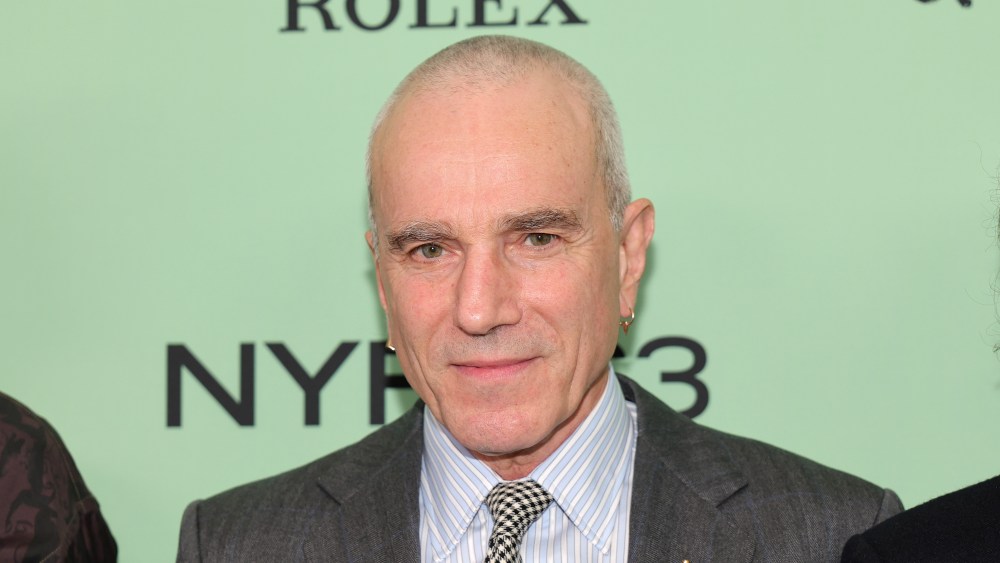Back from retirement, Daniel Day-Lewis is getting candid about acting.
In a recent sit-down with “The New York Times,” the three-time Oscar winner said he “doesn’t like thinking of acting in terms of craft at all,” adding that by focusing too much on the process, performers get caught up in “the less important details of the work.”
“Of course, there are techniques you can learn, and I know that the Method has become an easy target these days,” he said. “I’m a little cross these days to hear all kinds of people gobbling off and saying things like ‘gone full Method,’ which I think is meant to imply that a person’s behaving like a lunatic in an extreme fashion.”
He continued, “Everyone tends to focus on the less important details of the work, and those details always seem to involve some sort of self-flagellation or an experience that imposes upon oneself a severe discomfort or mental instability. But of course, in the life of an actor, it has to principally be about the internal work.”
Day-Lewis retired from acting in 2017, just months before the release of his second Paul Thomas Anderson collaboration, “Phantom Thread.” His rep said at the time, “Daniel Day-Lewis will no longer be working as an actor. He is immensely grateful to all of his collaborators and audiences over the many years. This is a private decision and neither he nor his representatives will make any further comment on this subject.”
Recently, Day-Lewis stepped back into the spotlight by starring in “Anemone,” an indie drama directed by his son Ronan. In the film, Day-Lewis plays an ex-British soldier turned recluse named Ray. His quiet life is upended when his brother (Sean Bean) tracks him down and forces him to confront his complicated past.
Day-Lewis told Variety that he and his son have been lifelong collaborators, and that working on a film together felt like a natural progression of their relationship.
“Over the years, since Ronan was very, very small, we’ve worked on a lot of different things together,” he said. “There was always a great ease in each other’s company, and this was really an extension of that. It was just a bigger toy box to play in.”

